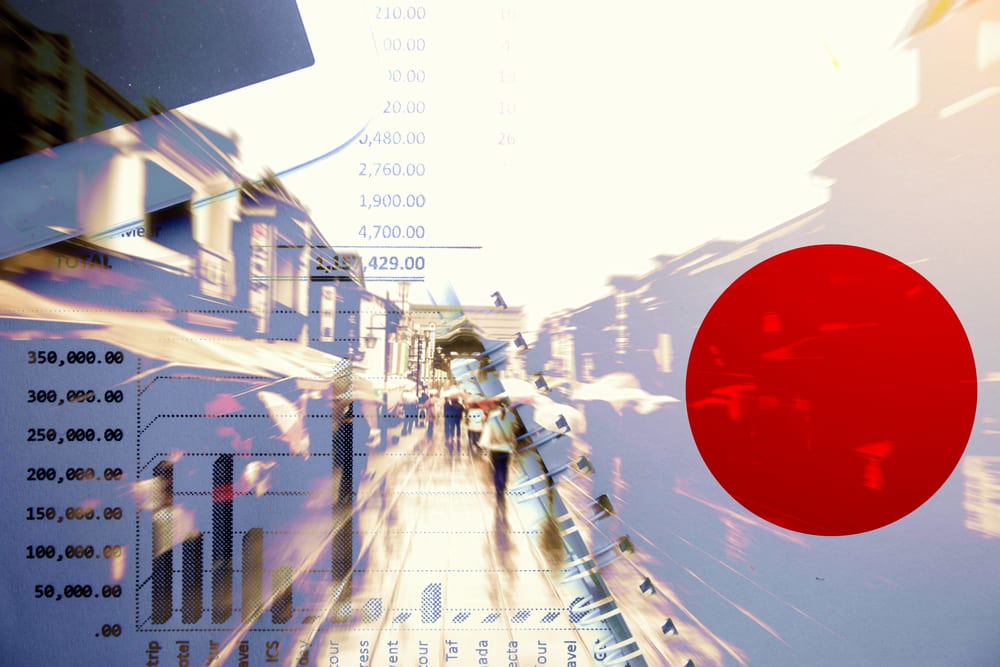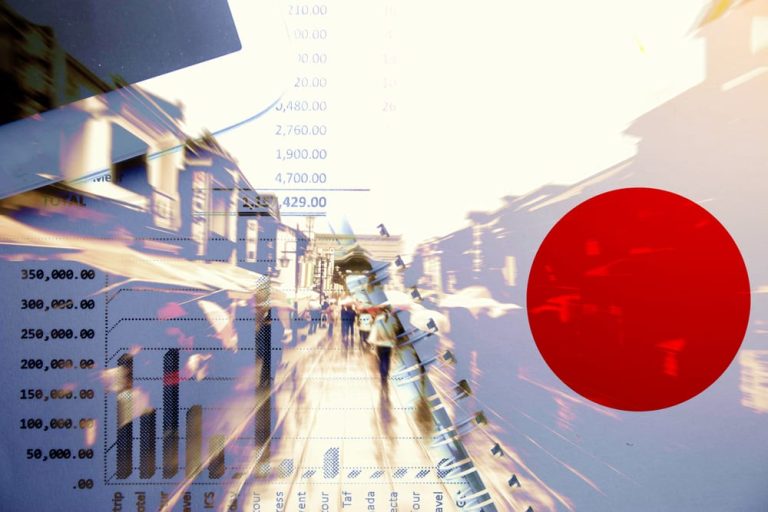
- Japan and the United Kingdom are officially entering recession, with the economies contracting for two consecutive quarters.
- Europe is bracing for weak growth, with economic growth forecasts in the euro zone reduced to 0.8% for this year.
- Japan faces a unique struggle, as rising inflation outpaces wage growth and impacts consumer spending.
The global economy is at a critical juncture as both Japan and the United Kingdom grapple with the reality of entering a technical recession after two consecutive quarters of economic contraction. This development highlights the broader challenge of recovering from an economic slowdown that has proven more severe than expected. The moderate recession in the UK, marked by a 0.3% contraction in the final quarter of 2023, reflects a temporary setback and indicates continued economic fragility in the face of persistent inflation. On the other hand, the Japanese economy, which contracted at an annual rate of 0.4% in the last quarter of last year, illustrates the complex balance between escaping the trap of deflation and managing the negative effects of inflation on consumer spending.
Japan and the UK enter recession; Europe eyes 0.8% growth
Europe is at a crossroads, with economists revising their euro zone growth forecast down to a modest level of 0.8% for this year. This recalibration stems from a combination of factors, including inflation aftershocks around the world and the resulting tightening of monetary policy, which have collectively weakened demand. The European Commission's admission of a weaker-than-expected start for the EU economy to 2024 paints a sobering picture of the challenges ahead. As Europe and the UK face the fallout from rising inflation and interest rates, the path to recovery appears uncertain.
Ripple global economic impacts: a concern for everyone
The economic tremors felt in Japan, the UK and Europe are not an isolated phenomenon, but rather part of a broader global narrative of economic uncertainty. With major economies showing signs of weakness, the possibility that this slowdown will impact the global economy in unexpected ways looms large. The resilience of the US economy amidst this landscape of economic weakness offers a glimmer of hope. However, ongoing struggles against inflation in various regions underscore the complex and interconnected nature of today's global economy. As countries struggle to navigate these turbulent waters, the coming year promises to be a true test of the resilience and adaptability of global economic systems.

